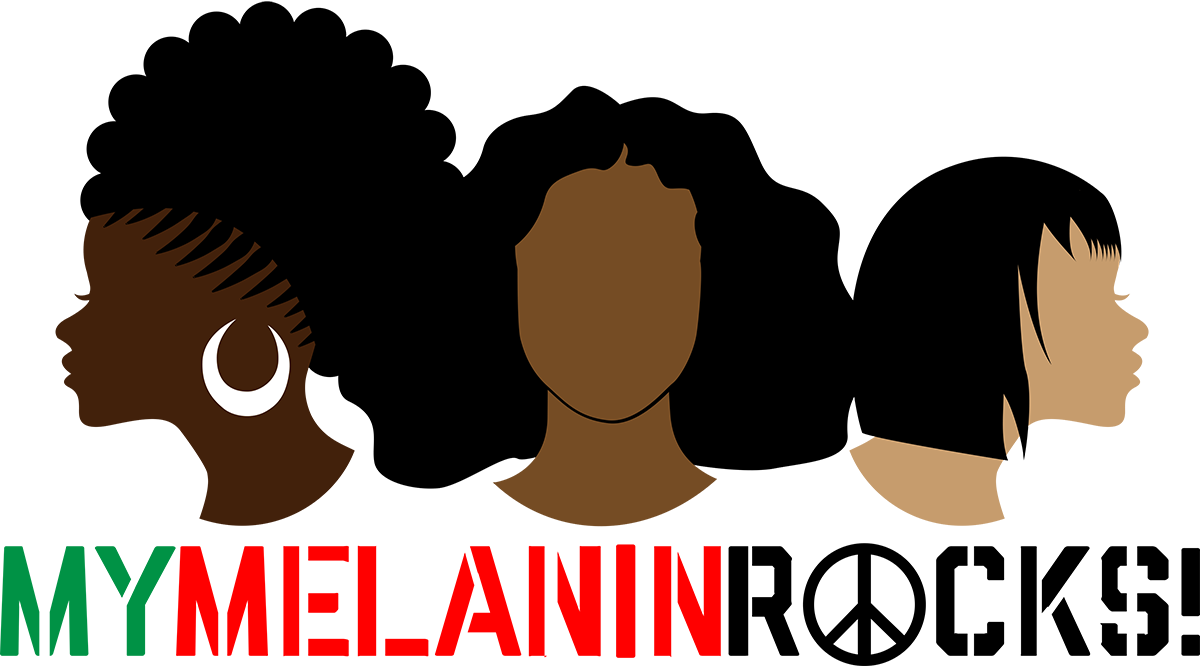When people can’t find dirt, dirt will be created.
Recently, video has surfaced of Malia Obama at Lollapalooza. In the video, Malia Obama is dancing, enjoying herself amongst the crowd, and being what everyone should be at concerts–carefree. Unfortunately, as the daughter of President Barack Obama, she isn’t allowed the luxury of carefree fun.
For the past day, journalists, bloggers, and anyone with a word processor have created ‘thinkpieces’ (hate that term, by the way) criticizing Malia. I’ve seen outlets describe her as stripping down, butt dancing (whatever that means), and depicting her as any and everything other than an eighteen year old girl at a music festival. What’s troublesome about these thinkpieces is that much thought isn’t put into them in all. In addition to that, it speaks to what Black America has known for quite some time–the bodies of women of color are almost always seen as vulgar.
This dates back to the times of the Scramble for Africa, as European colonizers fetishized the bodies of African women, enthralled by the explicit and defined curves of these women’s physiques. This is similar to the fetishization of indigenous women in pop culture, creating an image of this proverbial Pocahontas and a mission to ‘civilize’ her. Malia Obama, in the eyes of many, was exhibiting uncivilized behavior. There are people who legitimately feel as though civilization and manners are sides of a small, rigid little box. In a way, it’s a sadistic form of entitlement. This criticism is a bold, yet coded statement: we want to see you, to see your body, but on our own terms.
There’s people of color from various diasporas; one thing that virtually all of them have in common is an affinity for the arts, especially dance. Dance was used as a means to summon rain, to attract significant others, or even just to entertain and express themselves and others. The way in which people of color dance is almost always seen as savage or vile until someone caucasian ‘discovers’ it. Miley Cyrus can twerk her life away with no consequence, but if Malia does as much as body roll it’s seen as an act of lewdness.
Granted, comparing a pop star and the president’s daughter is essentially comparing apples and oranges. However, this is a testament to the youth and carelessness that black teenagers are often denied. A black girl at eighteen is seen as a woman, one that is supposed to be flawless and completely developed. She is supposed to be both fearless and subdued. She is a sexualized object that is scrutinized the second she displays behavior remotely related to sex. Her freedom and right to express said freedom is often contingent on the comfortability of others. She is expected to trail blaze, yet on the terms of others.
When a person criticizes a black girl, one that is eighteen and already dealing with the pressure of constant media attention, what is the end game? Is it more views, in the case of the media outlets? Is the criticism from a place of complete submission and conformity to societal standards? If the latter is the case, look inward before projecting your fears outward.




